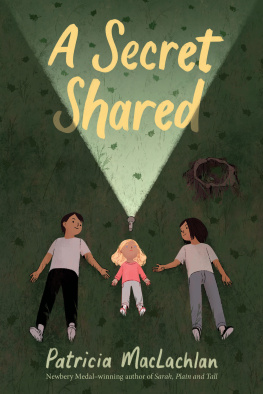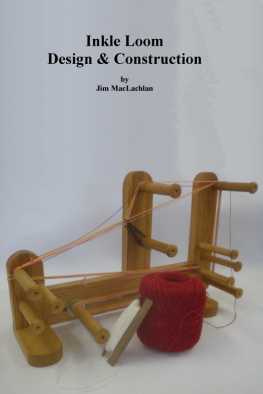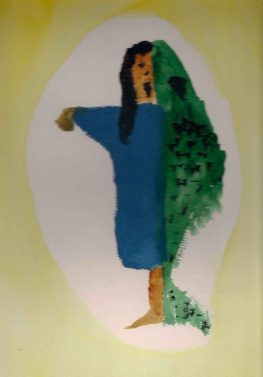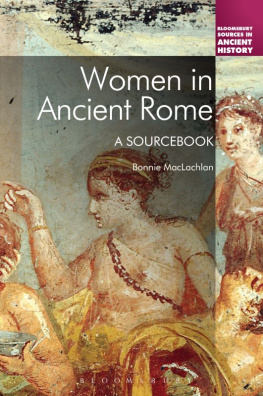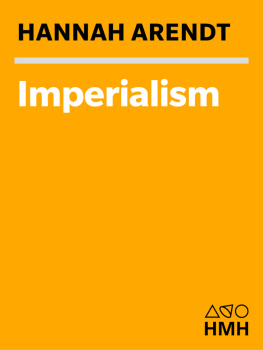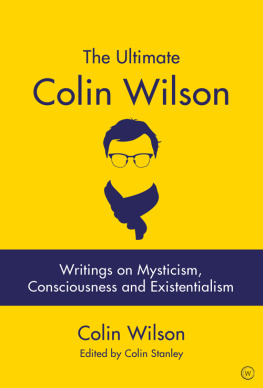To my mestizo son, Alexander Mariano Romero MacLachlan, with the wish he will always take pride in his Indo-European legacy
MY INTEREST IN EMPIRES is both intellectual and experiential. It began at birth in Singapore City in the early 1930s, when Singapore functioned as a crown colony and British Malaya was lumped together as the Straits Settlements, a term that conveyed the notion of permanent colonies. My parents lived in a separate commercial world, one that did not survive Imperial Japans ambitions in the early 1940s. The 1930s, the era of the Great Depression, marked a downward spiral of imperial functionality as demand for commodities fell. The age of political-economic imperialism had ended already, although the various imperial capitals hesitated to act to spin off what in modern terminology constituted underperforming assets.
When empires function as intended, they serve to harness the latest technology and organize resources and markets for the benefit of their advanced centers. Empires have a vested interest in order as a means of assuring supplies of raw commodities and sustaining demand for manufactured goods. To justify their presence, imperial powers impose controls over local customs that are disruptive in economic ways or violate what the imperial center determines to be civilized behavior. Violence, particularly intraregional wars and intragroup conflict and piracy, were usually promptly suppressed. Certain practices provided moral justification for intrusion that hardened into imperial superiority. Indigenous religious practices were assumed to be primitive or immoral, a judgment arrived at usually without any serious theological examination. Pressing the indigenous population to accept various replacements was, in a sense, not that different from carrying off idols to Rome the Church of the World, in the words of Emperor Constantine.
My familys thoughts about empires were molded half a step ahead of the Japanese army. The family barely escaped the fall of Singapore and divided into two contingents, perhaps because of visa difficulties. My father went on to the United States to procure oil-field equipment for Middle Eastern oil fields still under British control. The rest of the familymy mother, older brother Alan, and Isomehow skirted the outer edges of British imperial defeat. We escaped to Vancouver, Canada, where the mental condition of my mother required hospitalization. My brother and I were temporarily placed in a state orphanage until a foster home provided a happier interlude for us as the war dragged on. After our mother had recovered sufficiently, we embarked for the doubtful security of South Australia, where we had relatives. In Australia, we expected to be invaded by Japanese armies at any moment. As far south as Melbourne, air-raid trenches appeared, though their number seemed inadequate and they were filled with trash. The radio played the U.S. Marine Corps hymn incessantly to prop up morale, but realists had less hope.
General Douglas MacArthur, ordered to escape from Corregidor, attempted to land at Darwin in the extreme north of Australia only to find it under Japanese air attack. Commonwealth soldiers soon filled Singapores Changi internment camp.
Adolescents, including my brother and I, joined the Royal Australian Air League with the unstated notion that we were apprentices, depending on how the war went: perhaps boy soldiers in waiting. On the personal level, we moved around out of necessity; our stricken mother continued to experience serious breakdowns. Consequently, we moved from Caulfield, a district in Melbourne, to Upper Fern Tree Gully to stay with relatives. Upper Fern Tree Gully was a rural agricultural district some thirty-two miles or so upcountry whose one-room schoolhouse remained our intellectual home until we returned to Bombay. Somewhat oddly to us, we were referred to as the Canadians. We wondered perhaps for the first time who we were and where we belonged.
The threat of Japanese invasion ended in mid-August 1942, the result of the American victory at Guadalcanal and the naval battles of the Coral Sea and decisively the American victory at Midway. Once the supply lines were secure, little luxuries such as chewing gum from the United States delighted us. The Saturday film matinees opened with screen renditions of God Save the King as we stood in respect. We eagerly awaited a showing of the serial action adventures of Captain Midnight leaping from an airplane to carry the day. The actual physical war never intruded except when we visited a nearby military hospital or pored over newspapers that printed photos of those who had been killed in action.
As is often the case in war, the Japanese army and navy had different strategies for what parts or ports of Australia should be occupied. While the enemy army hoped to consolidate its holdings in the Asian landmass with Singapore as an anchor, the navy preferred a few well-situated ports to mount a blockade of supplies and troops from the United States as a defensive outer ring.
With the surrender of Japan in 1945, my brother and I returned to Bombay, soon renamed Mumbai, crossing India by train on the five-day journey to our boarding school at Kodaikanal in the cool hill country of South India. As we passed through the Indian heartland, we observed numerous communist flags flying in every village along the way. We realized that control of British India had slipped out of colonial hands. On Indian Independence Day, August 15, 1947, the Union Jack came down at our school as we stood at attention. Indian students, invited on campus to witness the historic event, lined up and sang while the regular student body, mainly American missionary children, looked on. As British subjects by birth, yet never having lived in the United Kingdom, we had a sense of being cast adrift by a mother country we never knew. Crumbling empires encourage others to step forward to pick up the pieces. Other European empires experienced similar sharp, violent, imperfect, and difficult adjustments. The Asian Pacific War and the destruction visited on the imperial centers in Europe by the Axis stripped away the illusion of European military and economic superiority. Psychologically broken empires cannot be easily restored, if they can be restored at all.
In 1948, we embarked from Ceylon, now Sri Lanka, and passed through the Suez Canal. Our ship, the HMS Chinese Prince, took on a group of British Tommies at Suez who had elected to be demobilized in Canada as landed immigrants. We proceeded on to Halifax, Canada, then to New York, the new center of economic global power. One suspects that Roman centurions would have recognized the debris of war washing abundantly ashore in both ports.




